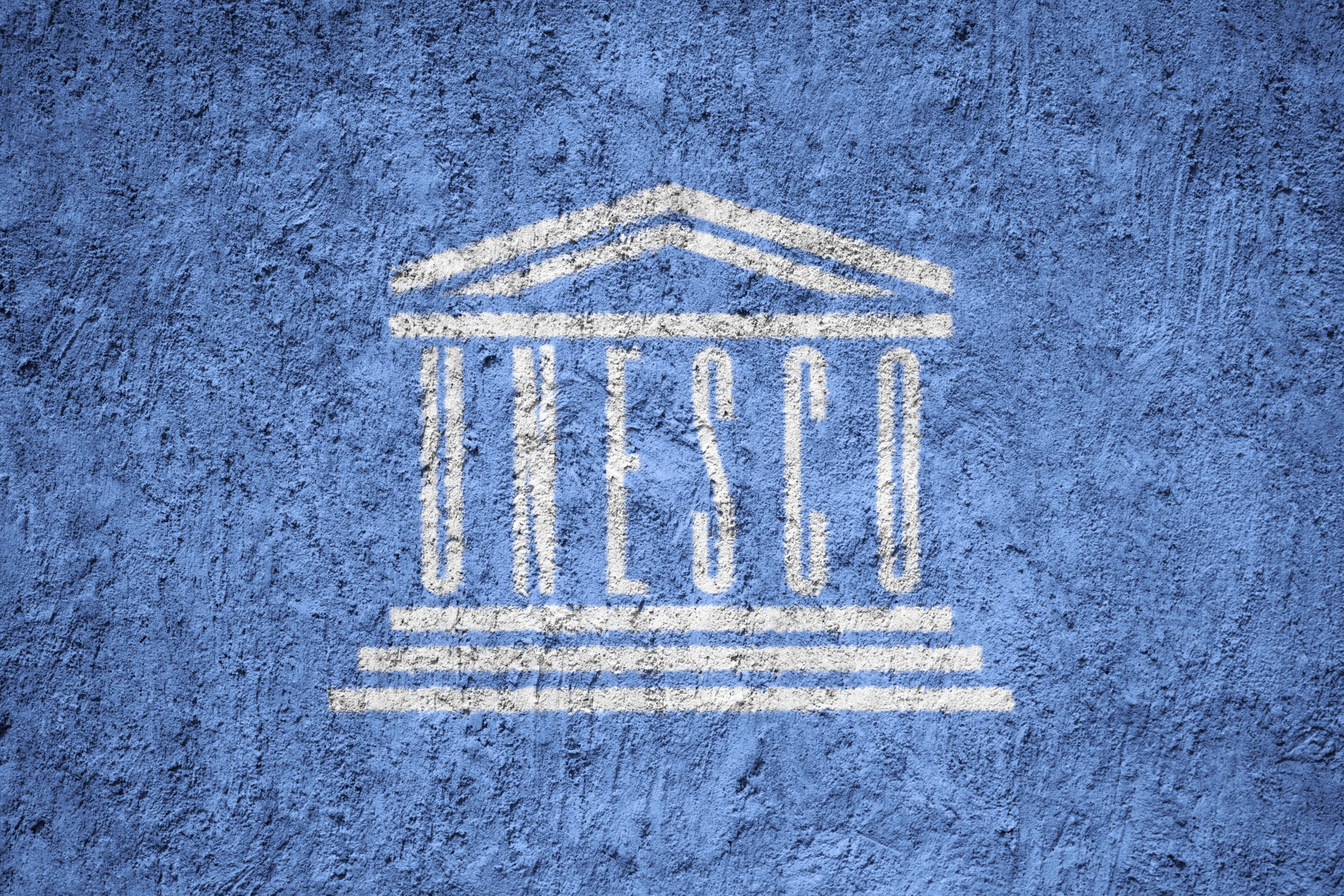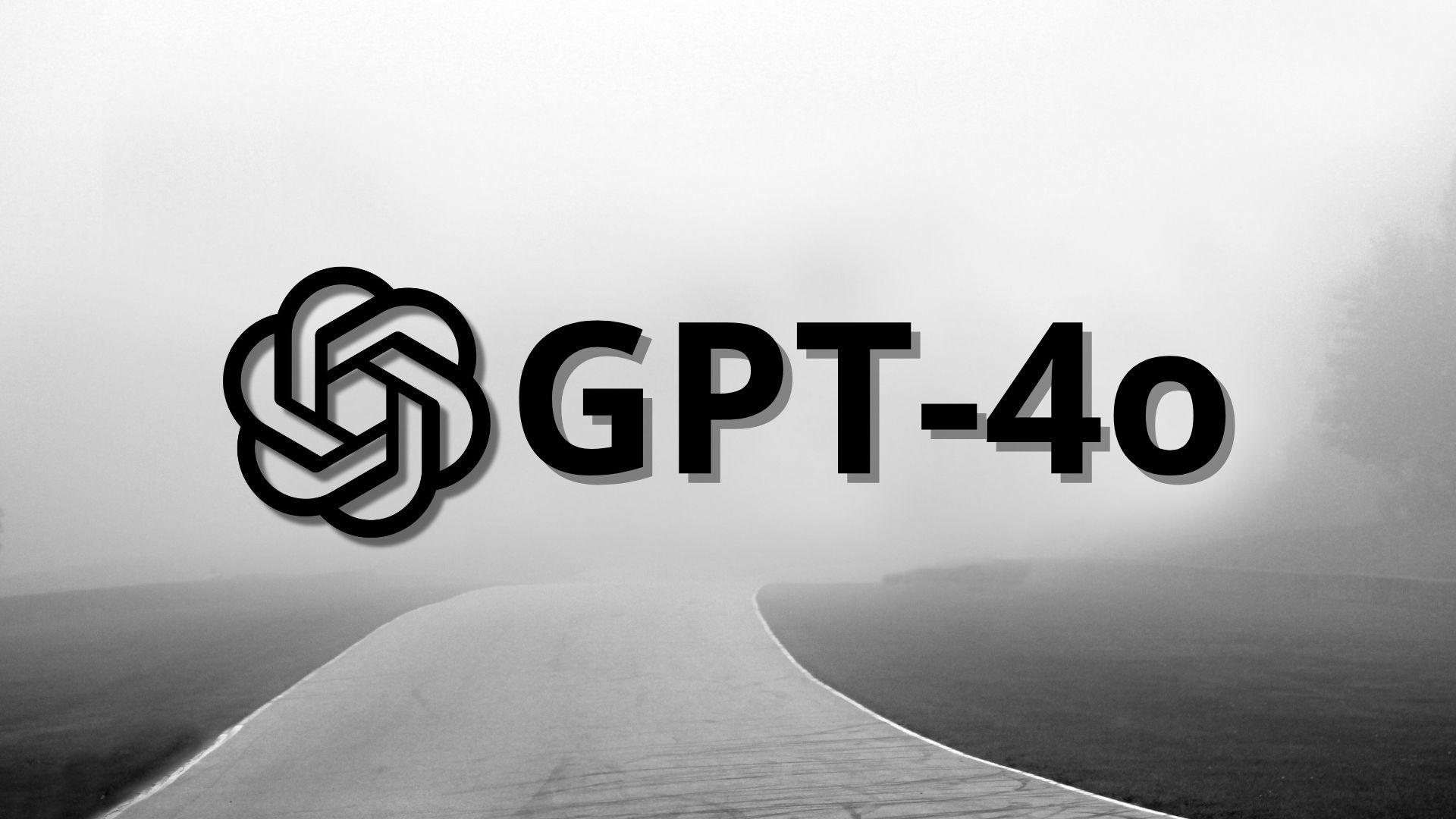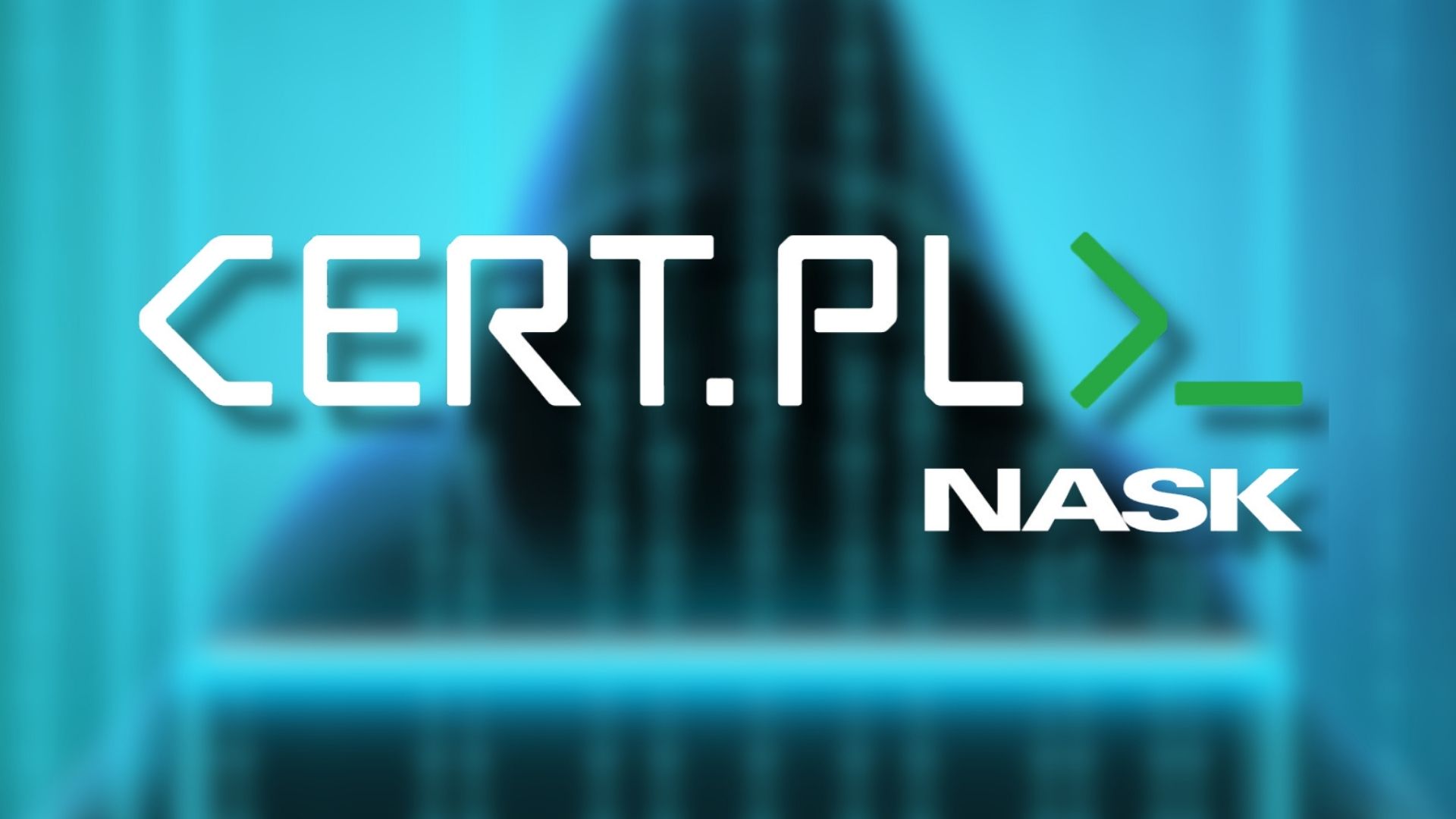
The European Commission plans to decide by early 2026 whether OpenAI’s ChatGPT should be classified as a vast online platform under the Digital Services Act.
OpenAI’s tool reported 120.4 million average monthly users in the EU back in October, a figure far above the 45-million threshold that triggers more onerous obligations instead of lighter oversight.
Officials said the designation procedure depends on both quantitative and qualitative assessments of how a service operates, together with input from national authorities.
The Commission is examining whether a standalone AI chatbot can fall within the scope of rules usually applied to platforms such as social networks, online marketplaces and significant search engines.
ChatGPT’s user data largely stems from its integrated online search feature, which prompts users to allow the chatbot to search the web. The Commission noted that OpenAI could voluntarily meet the DSA’s risk-reduction obligations while the formal assessment continues.
The EU’s latest wave of designations included Meta’s WhatsApp, though the rules applied only to public channels, not private messaging.
A decision on ChatGPT that will clarify how far the bloc intends to extend its most stringent online governance framework to emerging AI systems.
Would you like to learn more about AI, tech and digital diplomacy? If so, ask our Diplo chatbot!

Austria is advancing plans to bar children under 14 from social media when the new school year begins in September 2026, according to comments from a senior Austrian official. Poland’s government is drafting a law to restrict access for under-15s, using digital ID tools to confirm age.
Austria’s governing parties support protecting young people online but differ on how to verify ages securely without undermining privacy. In Poland supporters of the draft argue that early exposure to screens is a parental and platform enforcement issue.
Austria and Poland form part of a broader European trend as France moves to ban under-15s and the UK is debating similar measures. Wider debates tie these proposals to concerns about children’s mental health and online safety.
Proponents in both Austria and Poland aim to finalise legal frameworks by 2026, with implementation potentially rolling out in the following year if national parliaments approve the age restrictions.
Would you like to learn more about AI, tech and digital diplomacy? If so, ask our Diplo chatbot!

A major international AI safety report warns that AI systems are advancing rapidly, with sharp gains in reasoning, coding and scientific tasks. Researchers say progress remains uneven, leaving systems powerful yet unreliable.
The report highlights rising concerns over deepfakes, cyber misuse and emotional reliance on AI companions in the UK and the US. Experts note growing difficulty in distinguishing AI generated content from human work.
Safeguards against biological, chemical and cyber risks have improved, though oversight challenges persist in the UK and the US. Analysts warn advanced models are becoming better at evading evaluation and controls.
The impact of AI on jobs in the UK and the US remains uncertain, with mixed evidence across sectors. Researchers say labour disruption could accelerate if systems gain greater autonomy.
Would you like to learn more about AI, tech and digital diplomacy? If so, ask our Diplo chatbot!

Snapchat has blocked more than 415,000 Australian accounts after the national ban on under-16s began, marking a rapid escalation in the country’s effort to restrict children’s access to major platforms.
The company relied on a mix of self-reported ages and age-detection technologies to identify users who appeared to be under 16.
The platform warned that age verification still faces serious shortcomings, leaving room for teenagers to bypass safeguards rather than supporting reliable compliance.
Facial estimation tools remain accurate only within a narrow range, meaning some young people may slip through while older users risk losing access. Snapchat also noted the likelihood that teenagers will shift towards less regulated messaging apps.
The eSafety commissioner has focused regulatory pressure on the 10 largest platforms, although all services with Australian users are expected to assess whether they fall under the new requirements.
Officials have acknowledged that the technology needs improvement and that reliability issues, such as the absence of a liveness check, contributed to false results.
More than 4.7 million accounts have been deactivated across the major platforms since the ban began, although the figure includes inactive and duplicate accounts.
Authorities in Australia expect further enforcement, with notices set to be issued to companies that fail to meet the new standards.
Would you like to learn more about AI, tech and digital diplomacy? If so, ask our Diplo chatbot!

The EU’s attempt to revise core privacy rules has faced resistance from France, which argues that the Commission’s proposals would weaken rather than strengthen long-standing protections.
Paris objects strongly to proposed changes to the definition of personal data within the General Data Protection Regulation, which remains the foundation of European privacy law. Officials have also raised concerns about several more minor adjustments included in the broader effort to modernise digital legislation.
These proposals form part of the Digital Omnibus package, a set of updates intended to streamline the EU data rules. France argues that altering the GDPR’s definitions could change the balance between data controllers, regulators and citizens, creating uncertainty for national enforcement bodies.
The national government maintains that the existing framework already includes the flexibility needed to interpret sensitive information.
A disagreement that highlights renewed tension inside the Union as institutions examine the future direction of privacy governance.
Several member states want greater clarity in an era shaped by AI and cross-border data flows. In contrast, others fear that opening the GDPR could lead to inconsistent application across Europe.
Talks are expected to continue in the coming months as EU negotiators weigh the political risks of narrowing or widening the scope of personal data.
France’s firm stance suggests that consensus may prove difficult, particularly as governments seek to balance economic goals with unwavering commitments to user protection.
Would you like to learn more about AI, tech and digital diplomacy? If so, ask our Diplo chatbot!

Hamad Bin Khalifa University has unveiled the UNESCO Chair on Digital Technologies and Human Behaviour to strengthen global understanding of how emerging tools shape society.
An initiative, located in the College of Science and Engineering in Qatar, that will examine the relationship between digital adoption and human behaviour, focusing on digital well-being, ethical design and healthier online environments.
The Chair is set to address issues such as internet addiction, cyberbullying and misinformation through research and policy-oriented work.
By promoting dialogue among international organisations, governments and academic institutions, the programme aims to support the more responsible development of digital technologies rather than approaches that overlook societal impact.
HBKU’s long-standing emphasis on ethical innovation formed the foundation for the new initiative. The launch event brought together experts from several disciplines to discuss behavioural change driven by AI, mobile computing and social media.
An expert panel considered how GenAI can improve daily life while also increasing dependency, encouraging users to shift towards a more intentional and balanced relationship with AI systems.
UNESCO underlined the importance of linking scientific research with practical policymaking to guide institutions and communities.
The Chair is expected to strengthen cooperation across sectors and support progress on global development goals by ensuring digital transformation remains aligned with human dignity, social cohesion and inclusive growth.
Would you like to learn more about AI, tech and digital diplomacy? If so, ask our Diplo chatbot!

Bison Bank plans to integrate Bison Digital Assets into its core operations, moving closer to becoming Portugal’s first cryptobank. The investment bank plans to support client-led asset tokenisation projects, signalling a wider move into regulated digital finance.
The strategy is backed by the EU’s MiCA framework, which provides legal clarity and regulatory certainty for cryptoasset firms. Regulatory approval under MiCA allows the bank to operate in Portugal while dealing in and investing in cryptoassets on behalf of clients.
Alongside the structural integration, the bank outlined three initiatives: issuing the first stablecoin by a Portuguese bank, advancing tokenised asset offerings, and completing its transition into a cryptobank.
Tokenisation is designed to enable fractional ownership, continuous trading, improved liquidity, and transparent settlement for assets ranging from real estate to bonds.
Although no official launch date has been confirmed, chief executive António Henriques indicated that the new services are expected to become available in the first half of the year, subject to final regulatory and operational steps.
Would you like to learn more about AI, tech and digital diplomacy? If so, ask our Diplo chatbot!

OpenAI has confirmed that several legacy AI models will be removed from ChatGPT, with GPT-4o scheduled for retirement on 13 February. The decision follows months of debate after the company reinstated the model amid strong user backlash.
Alongside GPT-4o, the models being withdrawn include GPT-5 Instant, GPT-5 Thinking, GPT-4.1, GPT-4.1 mini, and o4-mini. The changes apply only to ChatGPT, while developers will continue to access the models through OpenAI’s API.
GPT-4o had built a loyal following for its natural writing style and emotional awareness, with many users arguing newer models felt less expressive. When OpenAI first attempted to phase it out in 2025, widespread criticism prompted a temporary reversal.
Company data now suggests active use of GPT-4o has dropped to around 0.1% of daily users. OpenAI says features associated with the model have since been integrated into GPT-5.2, including personality tuning and creative response controls.
Despite this, criticism has resurfaced across social platforms, with users questioning usage metrics and highlighting that GPT-4o was no longer prominently accessible. Comments from OpenAI leadership acknowledging recent declines in writing quality have further fuelled concerns about the model’s removal.
Would you like to learn more about AI, tech, and digital diplomacy? If so, ask our Diplo chatbot!

Poland has disclosed a coordinated cyber sabotage campaign targeting more than 30 renewable energy sites in late December 2025. The incidents occurred during severe winter weather and were intended to cause operational disruption, according to CERT Polska.
Electricity generation and heat supply in Poland continued, but attackers disabled communications and remote control systems across multiple facilities. Both IT networks and industrial operational technology were targeted, marking a rare shift toward destructive cyber activity against energy infrastructure.
Investigators found attackers accessed renewable substations through exposed FortiGate devices, often without multi-factor authentication. After breaching networks, they mapped systems, damaged firmware, wiped controllers, and disabled protection relays.
Two previously unknown wiper tools, DynoWiper and LazyWiper, were used to corrupt and delete data without ransom demands. The malware spread through compromised Active Directory systems using malicious Group Policy tasks to trigger simultaneous destruction.
CERT Polska linked the infrastructure to the Russia-connected threat cluster Static Tundra, though some firms suggest Sandworm involvement. The campaign marks the first publicly confirmed destructive operation attributed to this actor, highlighting rising cyber-sabotage risks to critical energy systems.
Would you like to learn more about AI, tech, and digital diplomacy? If so, ask our Diplo chatbot!

The Catalan Cybersecurity Agency has warned that generative AI is now being used in the vast majority of email scams containing malicious links. Its Cybersecurity Outlook Report for 2026 found that more than 80% of such messages rely on AI-generated content.
The report shows that 82.6% of emails carrying malicious links include text, video, or voice produced using AI tools, making fraudulent messages increasingly difficult to identify. Scammers use AI to create near-flawless messages that closely mimic legitimate communications.
Agency director Laura Caballero said the sophistication of AI-generated scams means users face greater risks, while businesses and platforms are turning to AI-based defences to counter the threat.
She urged a ‘technology against technology’ approach, combined with stronger public awareness and basic security practices such as two-factor authentication.
Cyber incidents are also rising. The agency handled 3,372 cases in 2024, a 26% increase year on year, mostly involving credential leaks and unauthorised email access.
In response, the Catalan government has launched a new cybersecurity strategy backed by a €18.6 million investment to protect critical public services.
Would you like to learn more about AI, tech and digital diplomacy? If so, ask our Diplo chatbot!










